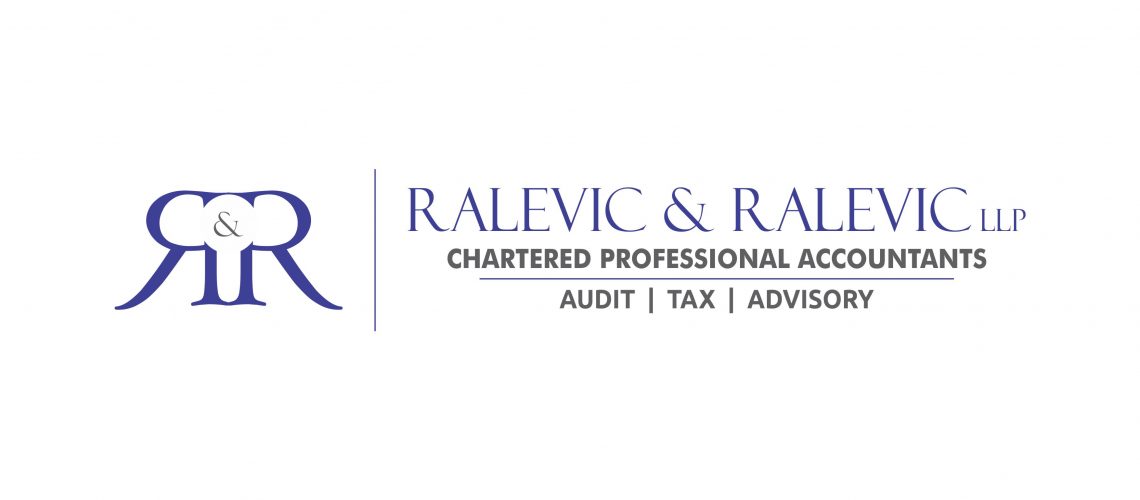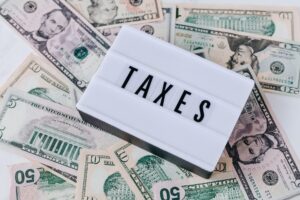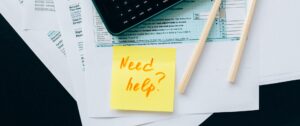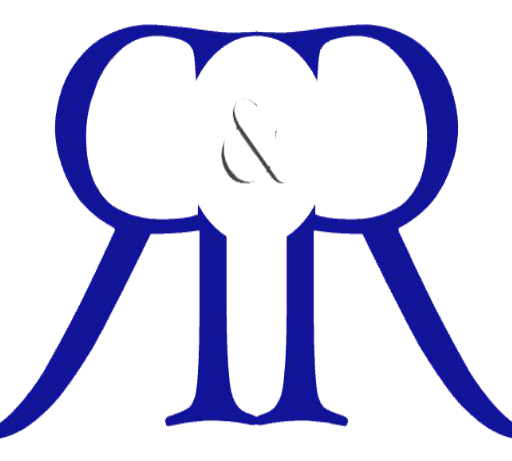When Individuals Become Liable for Corporate Tax Debt
Generally, one of the benefits of the corporate business structure is that the individual and the corporate entities are kept separate. This can be a big benefit as individual shareholders are not responsible for the corporation’s debts, including taxes. Corporate taxes are paid by the corporation and these taxes are kept separate from personal income taxes.
However, if a shareholder holds another relationship with the corporation, there are instances where they may become personally liable for certain debts. This situation refers specifically to directors of a corporation.
When a corporation owes tax debt, the Canada Revenue Agency (CRA) will attempt to collect from the corporation. If it cannot, then the CRA may issue an assessment to its directors. However, this does not apply to corporate income tax debt. Income taxes remain the responsibility of the corporation.
That said, two examples where directors can be held liable for corporate tax debt (known as “Directors’ Liability”) are situations involving GST/HST payments and employment source deductions.
What is “Directors’ Liability?”
Directors’ liability is a specific situation in which the directors of a corporation can be responsible for certain corporate tax debts.
If a corporation collects GST or HST on its sales, it is required to remit these funds to the CRA on certain dates. If the corporation does not, the CRA will pursue the company for these debts. The same is true for employee source deductions (such as income tax, employment insurance, Canada Pension Plan, etc.) which are typically withheld from an employee’s pay to be remitted to the CRA later on. Again, if these amounts are not paid, the CRA will come looking to collect.
However, if the CRA cannot collect these debts from the corporation (including situations where the corporation has been dissolved or is bankrupt) then the agency is able to hold the corporation’s directors liable for the debts. This includes individuals who may have been acting in a director role without having held the formal title.
Avoiding Directors’ Liability
Directors of corporations can avoid being held responsible for GST/HST payments and employee source deductions if they are able to prove that they took reasonable steps to ensure that the corporation made its payments to the CRA. Therefore, it is important for directors to keep detailed records of all steps taken to ensure that the corporation is meeting its tax obligations.
Furthermore, directors can typically be held liable for such debts for a two-year period. This means that, if an individual ceases being a director of a corporation, the CRA typically cannot hold them responsible for corporate tax liabilities once a two-year period has passed. However, since individuals who have been acting as de-facto directors remain liable, an individual will need to prove that they have separated themselves completely from their director role to avoid this liability.
If you are in doubt as to whether you could be held liable for corporate tax payments, its important to speak with a professional. The Chartered Professional Accountants (CPAs) at Ralevic & Ralevic LLP can help you clarify your situation. We can also assist the corporation in managing its structure and finances so that important tax payments are not missed. Please contact us today for more information.









